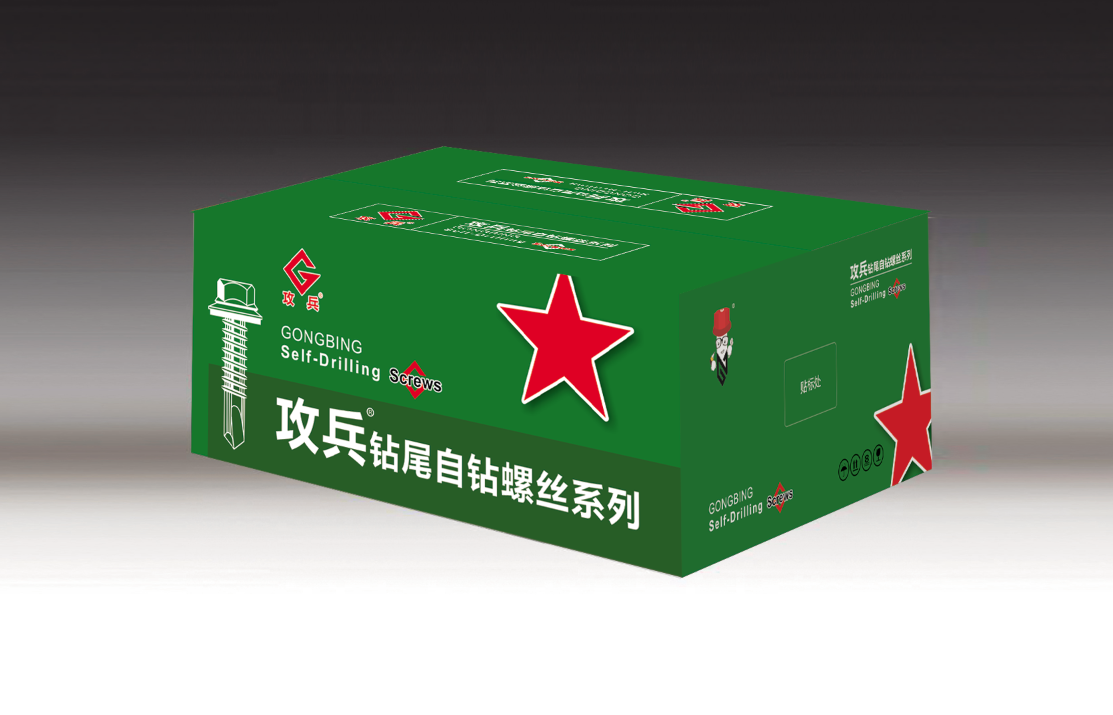Exploring the Benefits and Applications of 16mm Self-Drilling Screws for Construction Projects
Understanding 16mm Self-Drilling Screws A Comprehensive Guide
Self-drilling screws are essential components in manufacturing and construction, renowned for their efficiency and effectiveness in fastening materials. Among the various specifications, 16mm self-drilling screws stand out for their versatility and performance. In this article, we will explore what 16mm self-drilling screws are, their applications, advantages, and considerations when using them.
What are Self-Drilling Screws?
Self-drilling screws, also known as Tek screws, are fasteners that can drill their own pilot holes as they are being installed. This feature eliminates the need for pre-drilling, significantly reducing assembly time and effort. Their design typically incorporates a drill point, which allows the screw to penetrate hard materials, including metal and wood, without additional tooling.
Specifications of 16mm Self-Drilling Screws
The term 16mm refers to the length of the screw, which is about 0.63 inches. This size is particularly useful in various applications, offering enough length to secure materials without penetrating too deeply, thus maintaining structural integrity. While they come in various diameters and thread configurations, 16mm self-drilling screws can generally accommodate a range of thicknesses in materials, making them a popular choice in construction and industrial applications.
Applications
16mm self-drilling screws find broad application across different sectors. In construction, they are widely used for securing metal roofing, siding, and sheathing. Their ability to create a tight hold in metal profiles makes them ideal for industrial metal projects. Additionally, these screws are commonly used in HVAC installations, where they are employed to fasten ductwork and other related components.
Another area where these screws excel is in woodworking. They are favored for attaching plywood and other wooden panels, providing a reliable hold with minimal need for elaborate fastening techniques. This ease of use makes them a favorite among contractors and DIY enthusiasts, streamlining construction projects of all sizes.
Advantages of 16mm Self-Drilling Screws
1. Time Efficiency One of the main benefits is their ability to drill and fasten in one motion. This results in quicker installation times and potentially lower labor costs.
16mm self drilling screws

2. Versatility They can be used on a variety of materials, including metal, wood, and plastic, making them suitable for numerous applications across different industries.
3. Strong Bond The threading on a self-drilling screw provides a robust hold that is often superior to that of standard screws, particularly in metal applications.
4. Reduced Risk of Damage Because these screws do not require a pilot hole, there is a decreased risk of splitting materials, particularly in wood.
Considerations When Using 16mm Self-Drilling Screws
While 16mm self-drilling screws offer numerous advantages, there are some considerations to keep in mind
- Material Thickness It’s essential to consider the thickness of the material you are fastening. 16mm screws may not be suitable for very thick materials, so evaluating the thickness beforehand is crucial.
- Correct Screw Type Different applications may require different head styles (such as flat, hex, or pan) and thread designs. Selecting the appropriate screw type is vital for optimal performance.
- Corrosion Resistance Depending on the environment, choosing screws with adequate coating (like zinc or stainless steel) can help prevent corrosion and extend the lifespan of the fastening.
Conclusion
16mm self-drilling screws are a practical and efficient solution for many fastening needs in various industries. Their unique ability to drill and fasten in one motion, coupled with their versatility and strong holding power, makes them a preferred choice for both professionals and DIY enthusiasts. By understanding their specifications, applications, and advantages, potential users can make informed decisions, ensuring successful outcomes in their projects.
-
Weatherproof Plastic Expansion Anchors for OutdoorNewsJun.06,2025
-
Sustainability in the Supply Chain: Eco-Friendly TEK Screws ProductionNewsJun.06,2025
-
Load-Bearing Capacity of External Insulation FixingsNewsJun.06,2025
-
Double Head Bolts: Enhancing Efficiency in Industrial MachineryNewsJun.06,2025
-
Corrosion Resistance in Chipboard Screws: Coatings for Wholesale DurabilityNewsJun.06,2025
-
Butterfly Toggle Bolts : Enhancing Structural ResilienceNewsJun.06,2025
